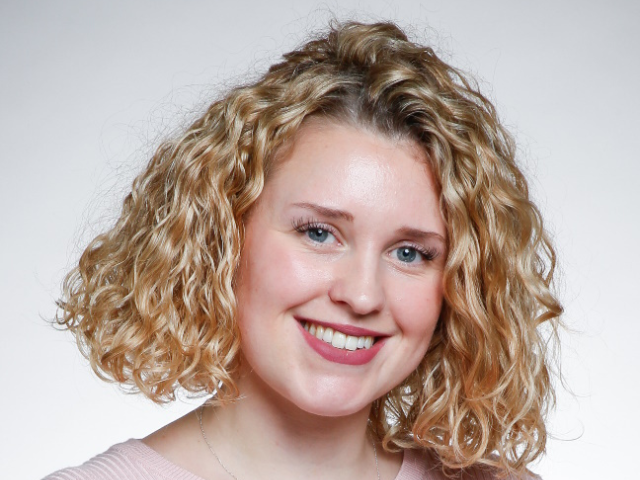
Welsh study reveals the complex link between care experience and educational outcomes
23 September
A research project, funded by Health and Care Research Wales, has revealed academic achievements for children in care can vary significantly based on their care experiences.
The study, led by Dr Emily Lowthian, a Lecturer at Swansea University, used population-level data from the Secure Anonymised Information Linkage (SAIL) Databank to examine how the type, timing and duration of care experiences influenced academic achievement for children born between 2000 and 2003.
Dr Lowthian said: “We identified seven distinct groups of children based on their care histories, such as early foster care, late adoption, or mixed placements.
“This approach goes well beyond average statistics. By looking at care histories in detail, we can see where the real risks and strengths lie and what kind of support may make the biggest difference.”
One of the most striking findings was the critical importance of when children entered care. Children who entered foster care just before starting school were found to be at particular risk, with only 40% on average achieving Key Stage 1 expectations, compared to 81% in the general population.
By contrast, children adopted early in life performed well academically, and those in kinship care – placements with relatives such as grandparents – also fared better than most, with 66% on average reaching Key Stage 1.
However, the study found that these differences narrowed as pupils progressed. By Key Stage 2, the majority of care-experienced groups achieved between 36% and 52%, well below the general population of 83%.
Dr Lowthian continued:
These findings highlight that long-term support is vital, even when children are no longer in care. Early promise can quickly decline without it.”
The study made innovative use of the SAIL Databank, one of the few resources that allows researchers to follow children’s health, care and education records over time.
Dr Lowthian added: “Few other datasets offer this level of longitudinal linkage across health, education and social care records.
“It gave us the scope to explore how children’s complex care histories unfolded over time and how these related to their attainment in school.”
However, she acknowledged limitations, including the inability to fully account for pre-care experiences such as abuse or neglect, and the sample of adopted children being quite small.
The project worked closely with young people with lived experience of care, through the Voices group at the Children's Social Care Research and Development Centre (CASCADE) Partnership.
Dr Lowthian said: “These young people shaped the research, from identifying key placement types and highlighting how factors such as exclusion and frequent school moves affect outcomes.
“They also reminded us that stigma is a major issue and urged us to focus on how the systems, not children themselves, contribute to poor outcomes.”
The research revealed that suspensions and exclusions, school moves and being eligible for free school meals are important contributing factors towards GCSE attainment, particularly for those with early, short-term care experiences. This highlights the need for improved data sharing between schools and social care, as children with early care-experiences may be overlooked.
Dr Lowthian said: “There should be an end to school exclusions and a focus on collaborative managed moves involving the child and their carer. Schools need better information so they can recognise children who have been in care, even briefly, to ensure that they receive appropriate support and recognition.”
Dr Lowthian has now secured a fellowship from Swansea University to turn the findings into practical resources, including animations for educators and social workers.
She concluded:
Children in care can succeed. But only if we understand the nuances of their experiences and design systems that work with, rather than against them.”
Sign up to our weekly newsletter and keep up with the latest research news, funding opportunities and other useful information.